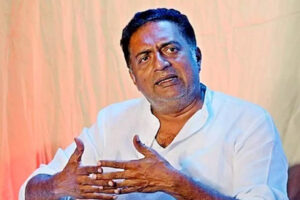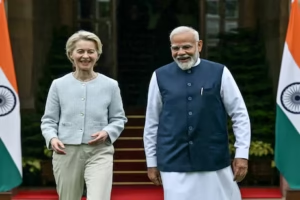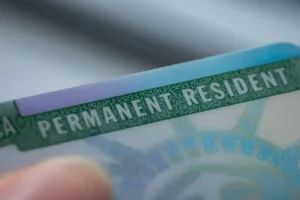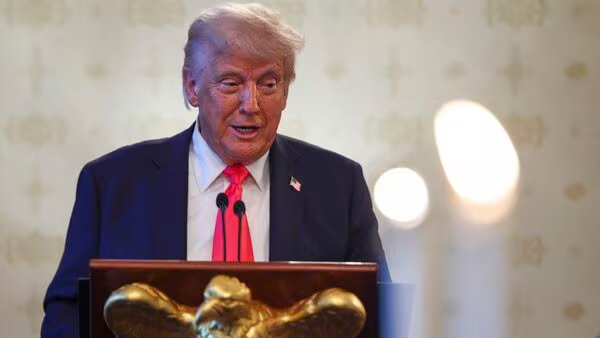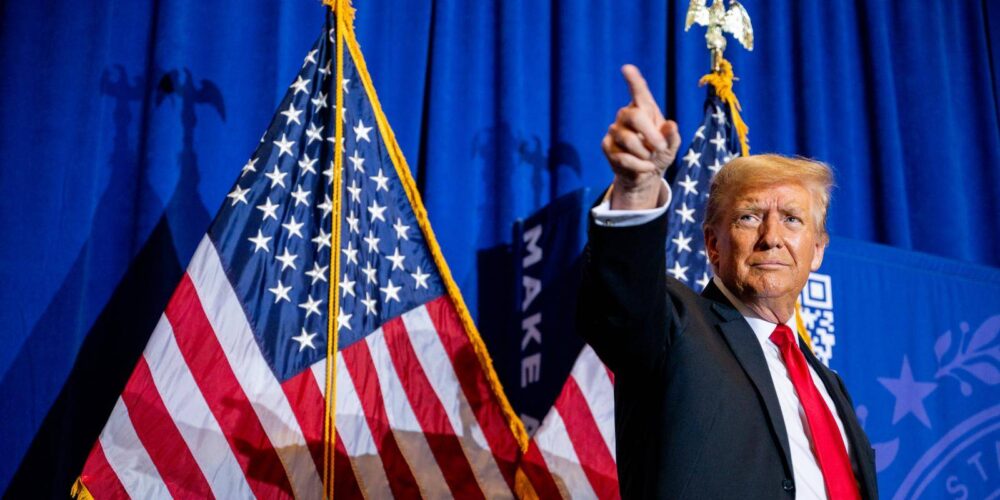The global economy has shown remarkable resilience despite mounting challenges from tariffs, shifting trade policies, and global uncertainty, according to top international economic leaders.
During recent global discussions on economic trends, International Monetary Fund (IMF) Managing Director Kristalina Georgieva highlighted that while conditions have become tougher, the world economy has continued to adapt. She credited strong fiscal policies, diversified supply chains, and the rapid adoption of technology as key factors supporting global stability.
Singapore’s President Tharman Shanmugaratnam emphasized that current economic turbulence presents both risks and opportunities. He noted that Asia, though facing external pressures, is poised to strengthen intra-regional trade partnerships and drive future growth through innovation and cooperation.
European Central Bank (ECB) President Christine Lagarde added that while economic performance has been stronger than expected, the resilience may still face major tests in the coming year. She pointed to potential risks such as continued trade tensions, inflationary pressures, and shifts in financial markets.
Despite these headwinds, global economic leaders agreed that cooperation, sustainable trade reforms, and innovation-driven growth will be critical in maintaining global stability. They emphasized that while resilience is evident, the need for proactive measures to safeguard against future shocks is greater than ever.





